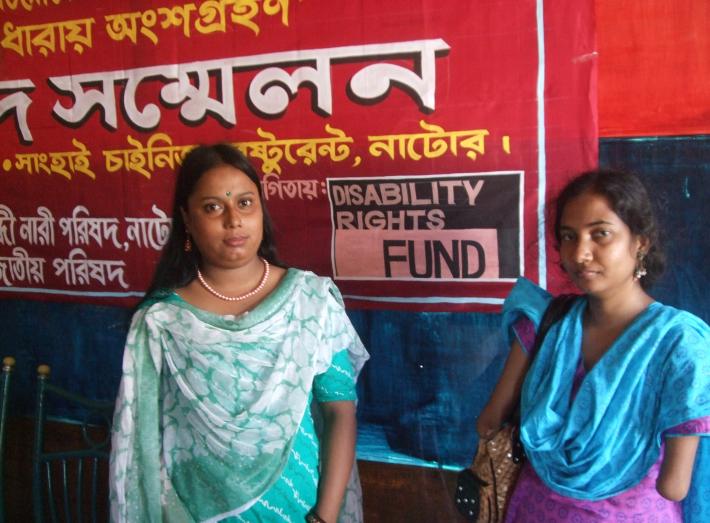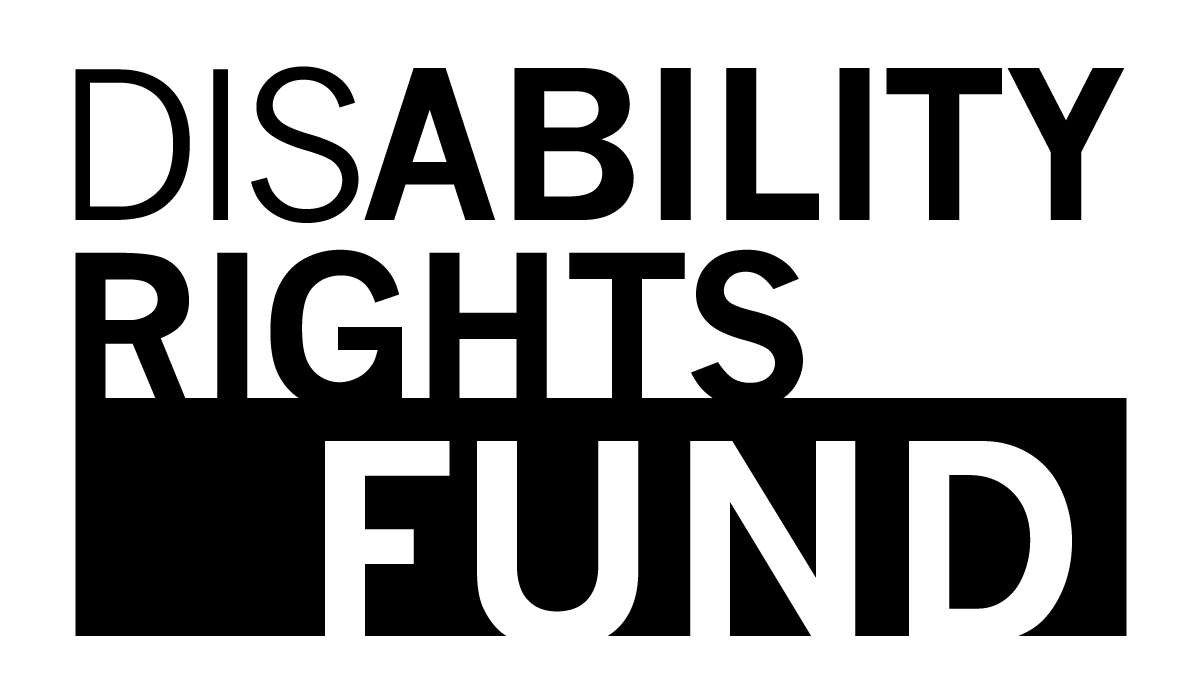
By focusing on marginalized sectors within the disability community, the Disability Rights Fund empowers a more diverse and collaborative disability movement.
To ensure that the disability movement is inclusive of persons with all types of disabilities and is able to articulate joint advocacy demands, we take a movement-building approach.
Over half of our grants support organizations made up of marginalzed sectors of the disability community – such as Indigenous persons, women, Deafblind, Albino, and others.
For example, in Bangladesh, the National Council of Disabled Women, a network of 126 grassroots disabled women’s organizations, is addressing barriers to employment for women with disabilities who experience a range of attitudinal barriers.
Women with disabilities, especially in remote and rural areas, have little hope of securing a job, having their own business, getting access to credit, or establishing economic independence.
The National Council of Disabled Women is challenging these barriers by advocating to government for specific employment quotas and by working with garment industry trade unions for increased representation of female workers with disabilities. In their advocacy, the Council took advantage of a window of opportunity to address human rights violations as a result of the 2013 Rana Plaza disaster, the deadliest garment factory accident in history.
In another example, in Rwanda, the Initiatives for Refugees with Disability, national youth organization, works with refugees who fled conflict and massacres in the Democratic Republic of Congo. The organization aims to empower refugees with disabilities to improve their living conditions in the refugee camps in Kigali.
Refugees with disabilities are exposed to high levels of discrimination, illegal exploitation, violence and abuse. Because they lack access to services, they are generally left out of education and income generation opportunities. The organization is conducting a survey to collect data and document barriers to education for children with disabilities.
The results will be used to generate awareness among government officials to advocate for policies to improve conditions for refugees with disabilities.
